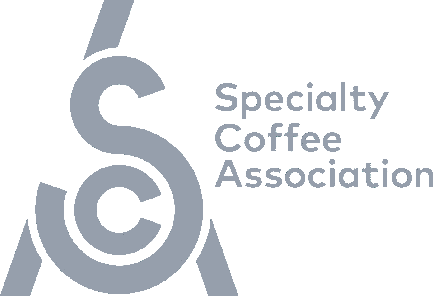Granja Paraiso 92 Colombia
Colombia Double Fermentation is produced by Granja Paraiso 92 Lab.
Colombia
Process: Double Anaerobic Fermentation
About the varietal
The Colombia variety is a variety developed by the National Coffee Research Centre in Colombia (Cenicafe), which was put on the market in 1983 after more than 15 years of research.
It all began in 1968 with the crossing of Caturra and the Timor Hybrid, in order to develop a cultivar that would be productive and resistant to rust and that could also be planted at high density, as is the case with Caturra.
This variety has been improved over the years and has been the breeding basis for different sub-varieties, one of them being Castillo. The variety Colombia can produce red and yellow cherries.
Is this the same as the Colombian SUPREMO coffee?
The Colombia Supremo varietal, of the species coffea arabica, is a cultivar composed of a blend of numerous progenies of Typica, Bourbon and Caturra selected for its outstanding agronomic attributes and remarkable cup quality, with wide adaptation to Colombia’s coffee growing conditions. Its nick name “supremo” is due to the common size of the beans very similar to those of Typica.
It is important to differentiate this varietal from the “SUPREMO” branding that gives the Colombian National Federation to the mixed varietals of Colombian beans with a bean size 17+. “Colombia Supremo refers to the largest size of beans from Colombia. Supremo is a screen size of 17 or 18 and is slightly larger than the Excelso distinction”
Granja Paraiso 92
According to Benitez, “Varietales finos (the company behind Granja Paraiso92) pillars are: genetics, agronomic work, biochemistry and processing, quality control and dry process. We control the entire green coffee production chain and have 26 different varieties including Sudan Rume, Eugenoides, Wush Wush, Java, SL28 and others. Each of the 25+ varietal has its own set of protocols depending on genetics intrinsic attributes and the desired flavour profiles.”
Wilton says “I have been passionate about technology, in fact. As a child I dreamed of building my career around hardware and software development. But 18 years ago, coffee growing taught me that it is possible to develop any career around it, because you can apply any knowledge to improve it and take advantage of its benefits.”
“I started to focus my knowledge in computer science, electronics and microbiology to build a new coffee culture based on scientific supports that can be replicated, understanding how each variable affects the results as it happens in the wine and beer industry”, he explained.
According to Luis, Wilton’s business partner “The essence of the project is to prove that things can be done in a different way, to find solutions to everyday problems of coffee growers, such as drying during rainy periods, as well as to technify and control the fermentation processes, with love for coffee growing and the use of technology and biochemistry”.
The Executive Director of the Comité de Cafeteros del Cauca, Gerardo Montenegro says that “this private project is of great value to the community because they share knowledge and value with new interested coffee growers that want to do things differently.”
Located in the area of Piendamó, Cauca, Southwestern of Colombia at an altitude between 1800 and 2100 masl, Granja Paraiso 92 is a 5 hectare farm that involves highly innovative farming and processing systems such as terraces, a microbiology lab and a processing and drying plant aimed to produce unique coffee. Along with Granja Paraíso 92, Wilton’s manages the farms La Macarena and Las Brisas, where more than 25 exotic varieties are planted.
Wilton Benitez, with more than 16+ years of experience within specialty coffee, is one of the colombian pioneers in applying controlled fermentation protocols with inoculation of microorganisms in the coffee production.
Just as in wine, beer, and cheese industries– fermentation with microorganisms and other techniques such as thermal washes may help the development of new and unique flavour compounds.
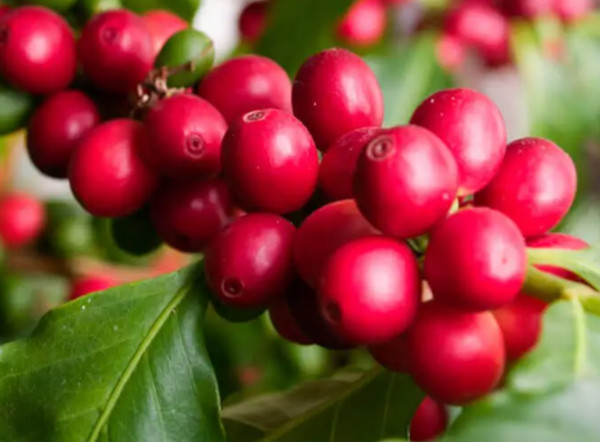
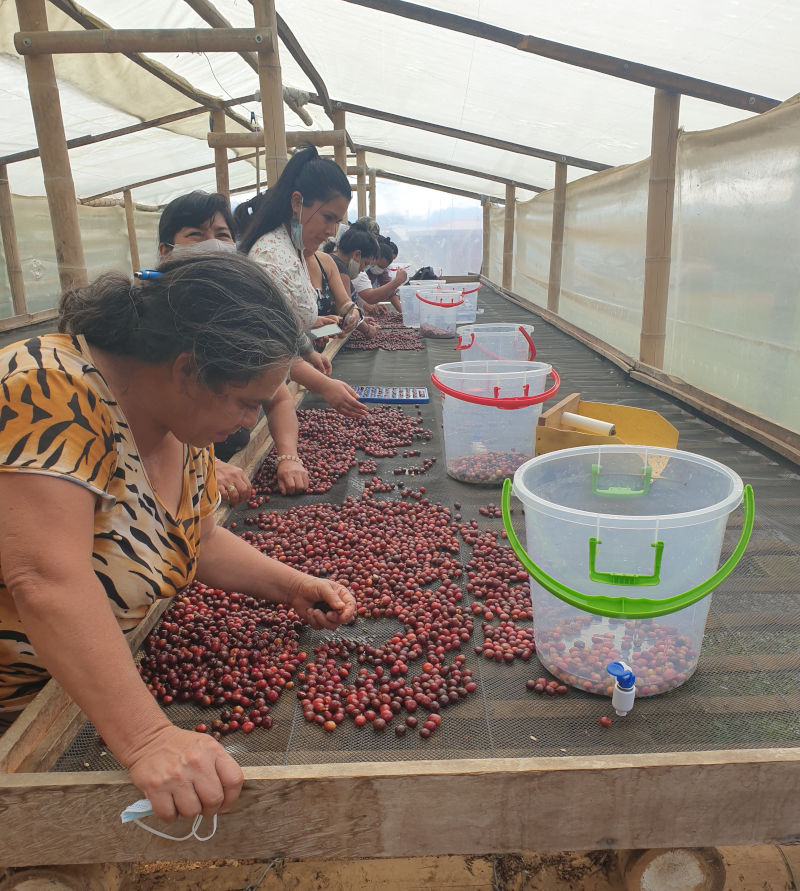
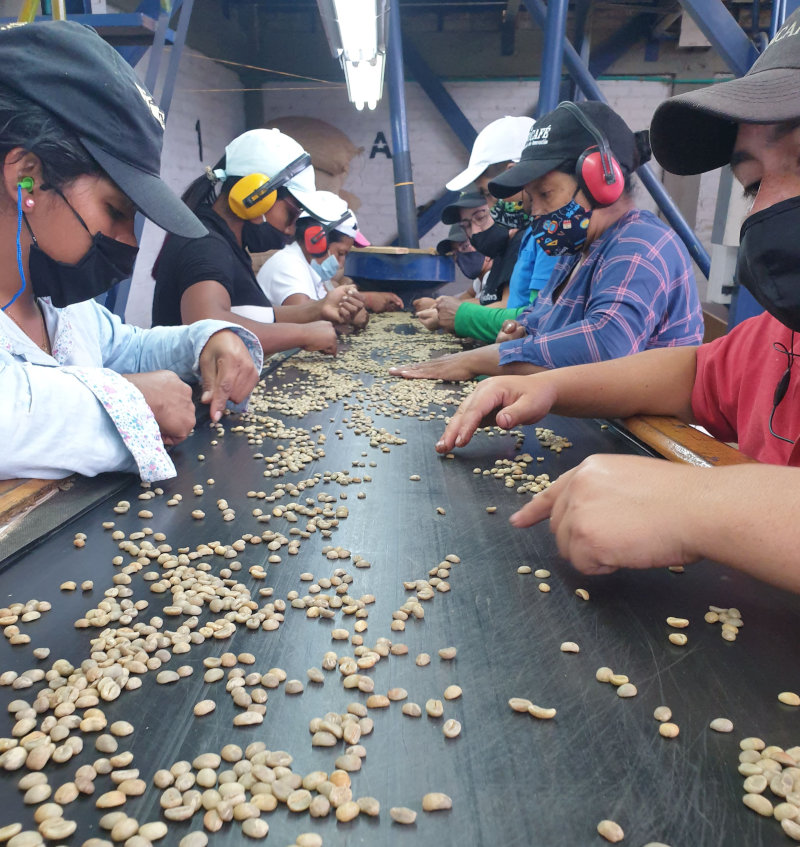
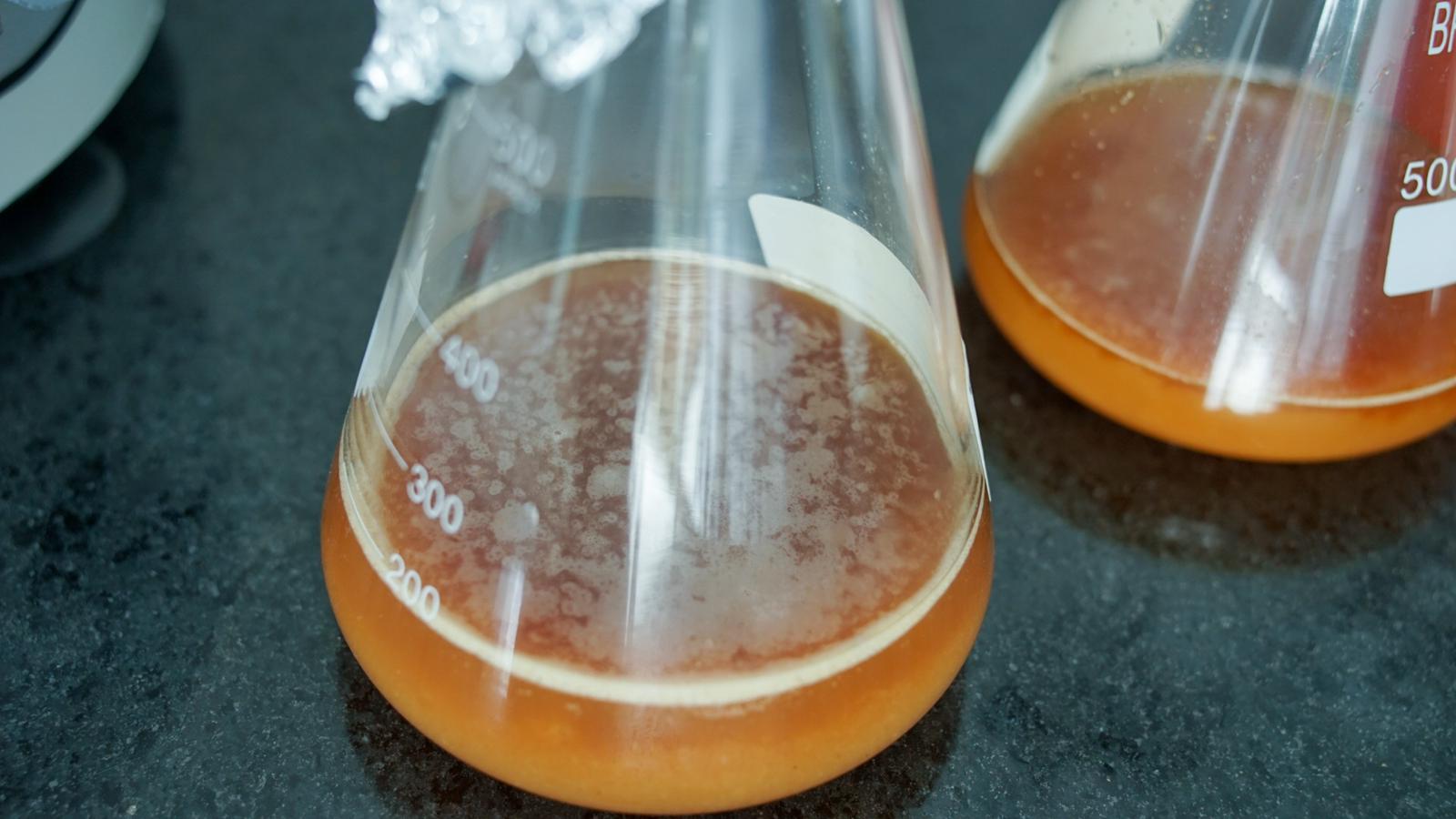
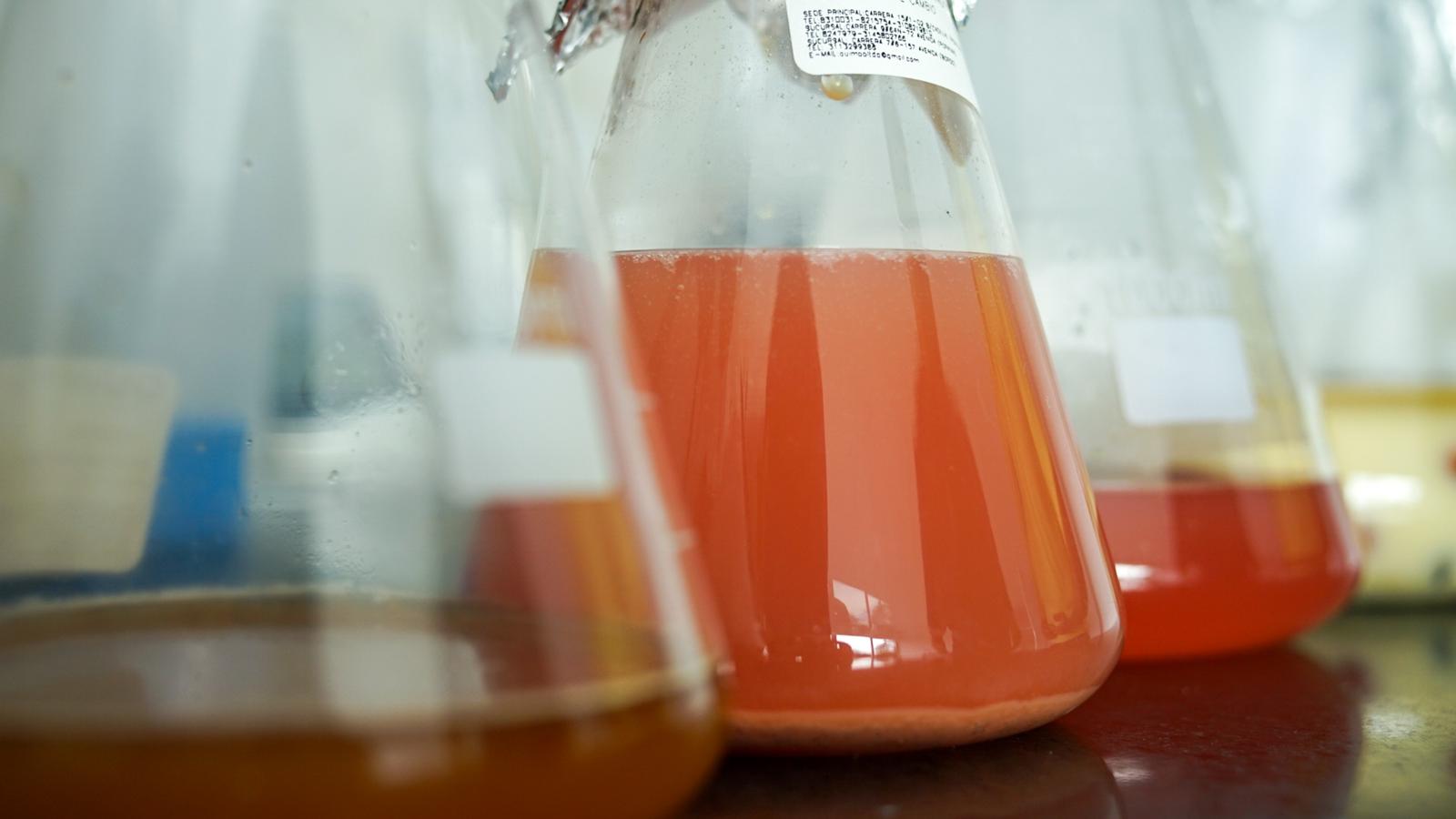
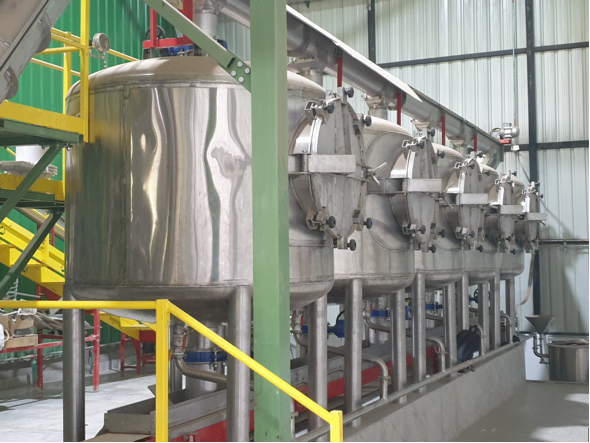
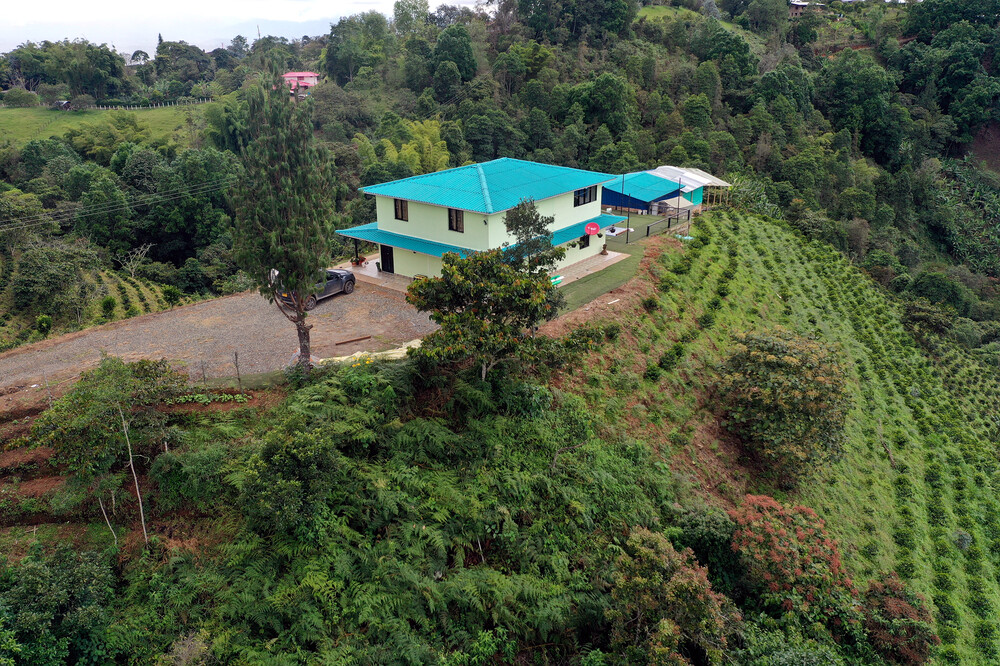
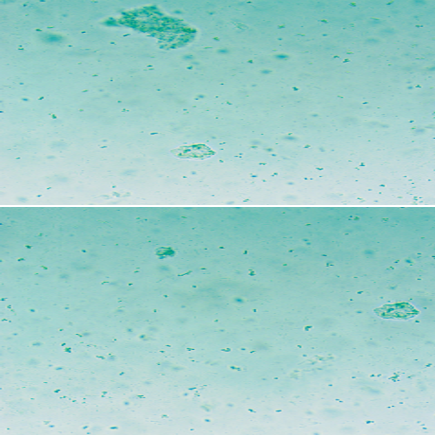
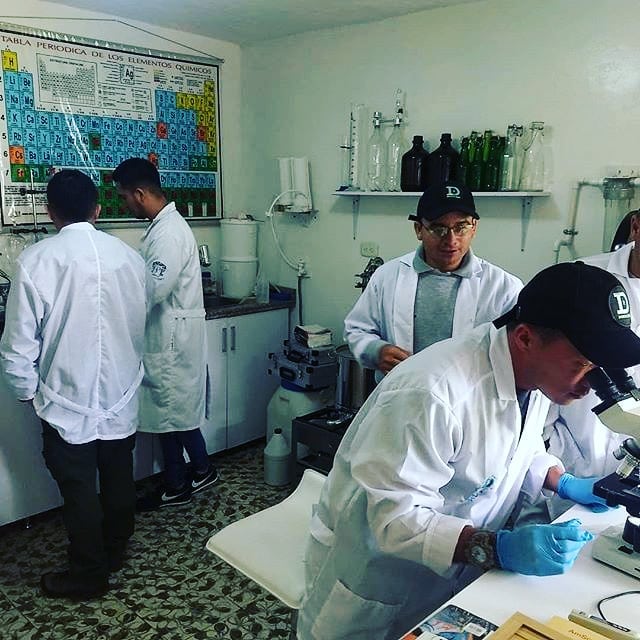
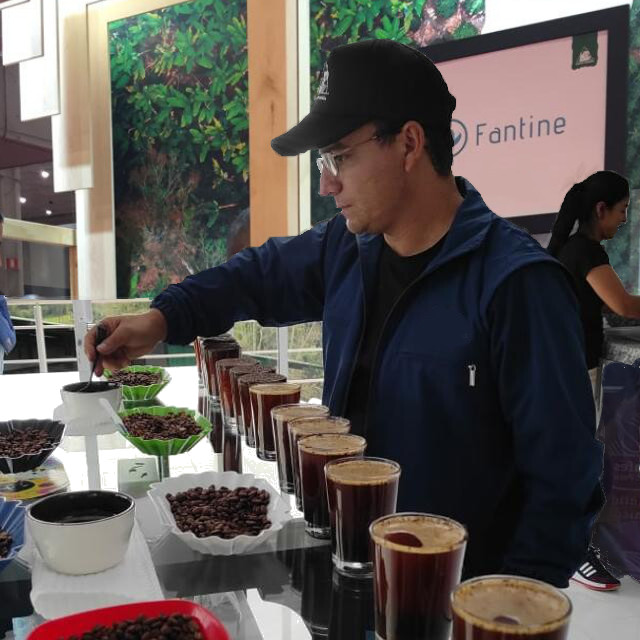
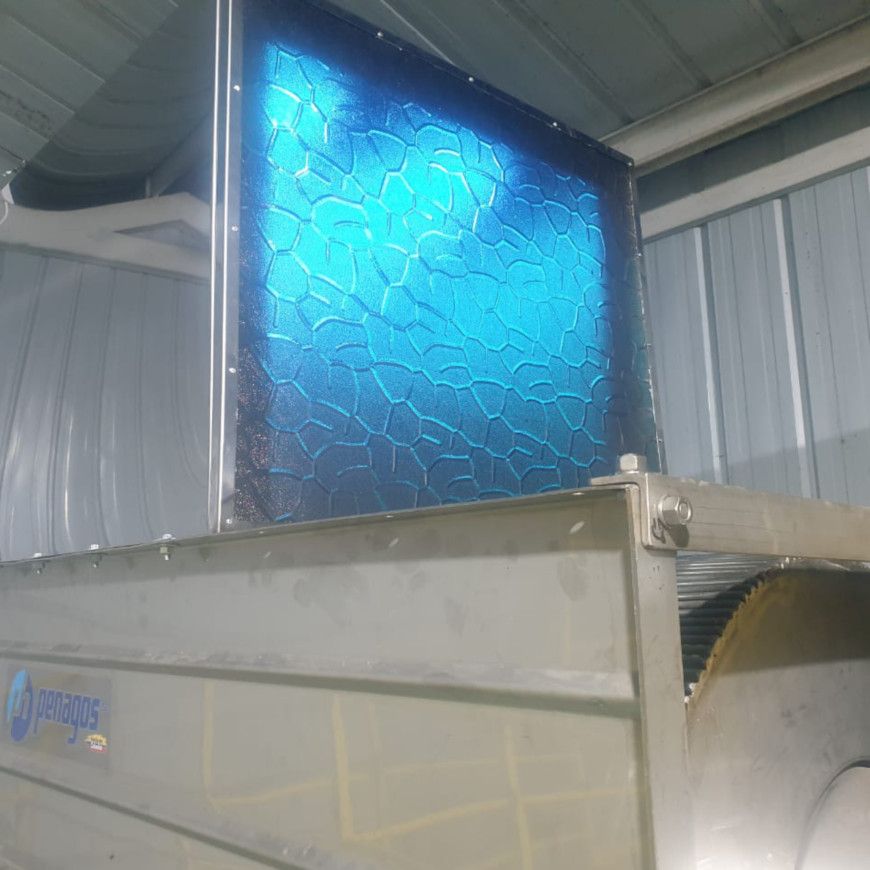
UV Sterilization. Courtesy: Wilton Benitez, Granja Paraiso 92.
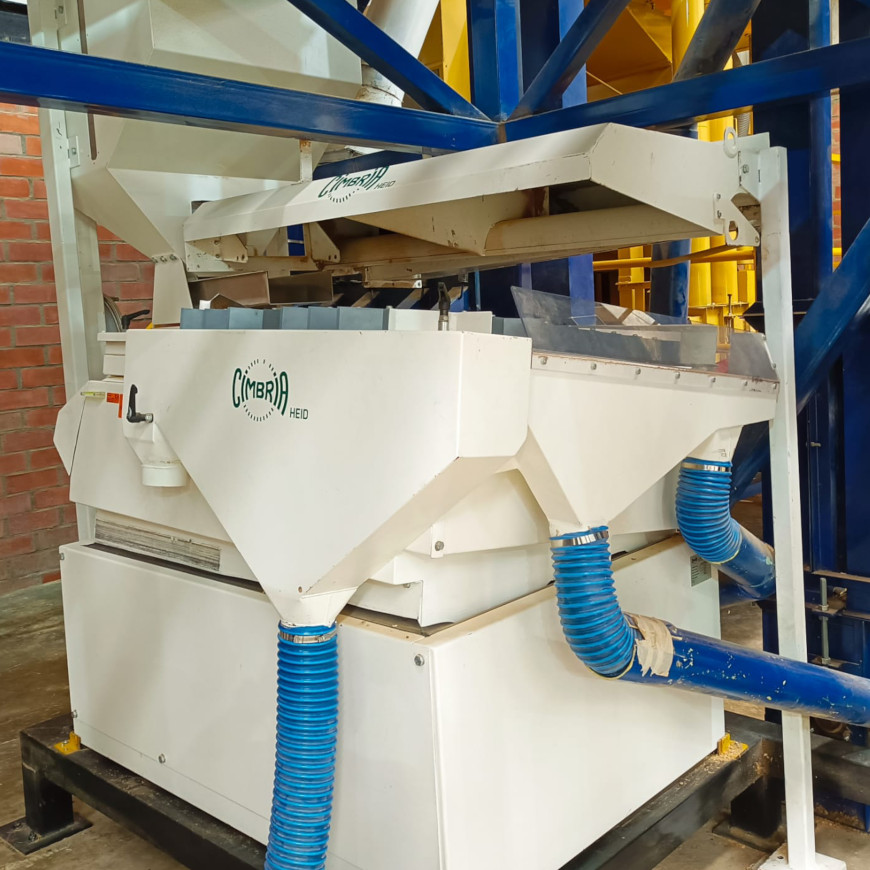
Beans classification. Courtesy: Wilton Benitez, Granja Paraiso 92.
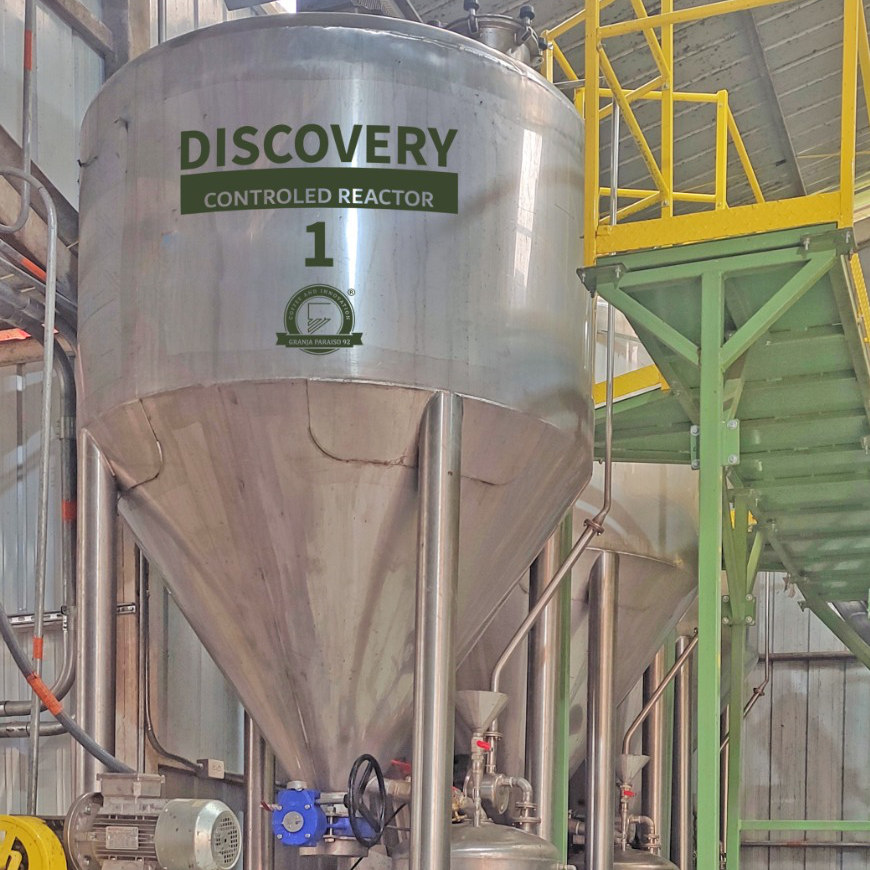
Bioreactor for controlled fermentation. Courtesy: Wilton Benitez.
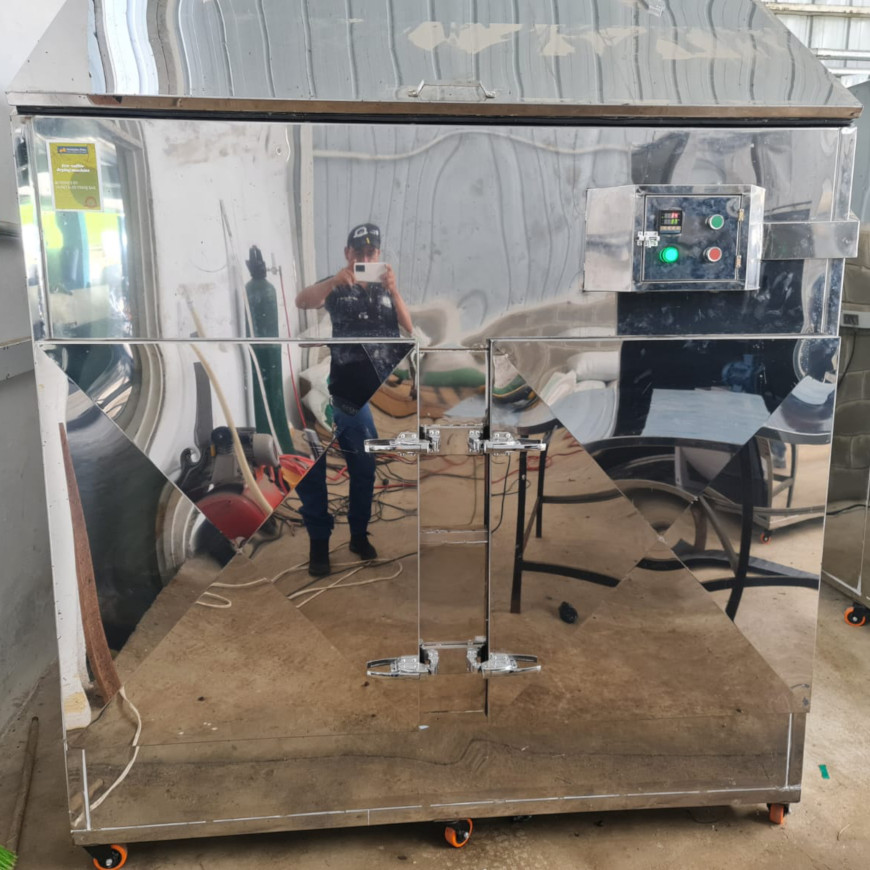
Ecological mechanical drying. Courtesy: Wilton Benitez, Granja Paraiso 92.


